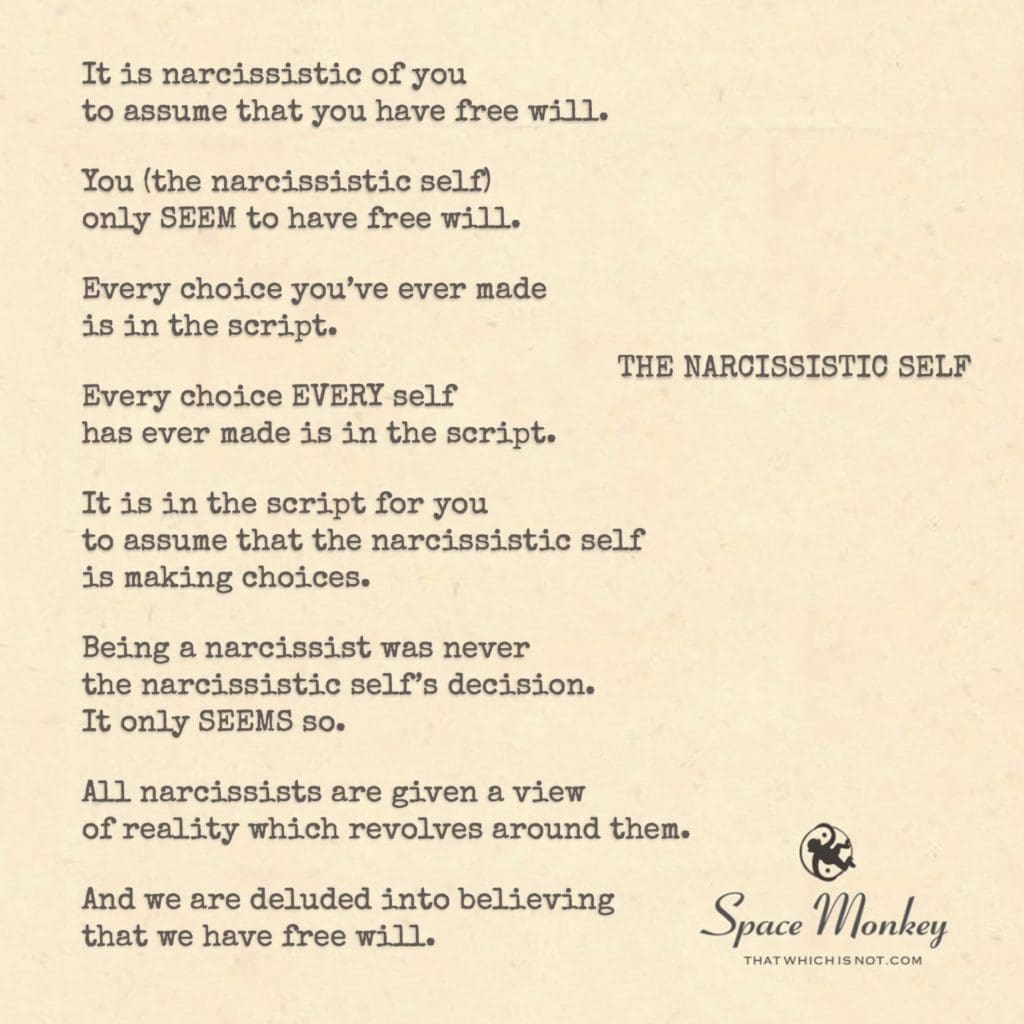
Just like the script says.
It is narcissistic of you
to assume that you have free will.
You (the narcissistic self)
only SEEM to have free will.
Every choice you’ve ever made
is in the script.
Every choice EVERY self
has ever made is in the script.
It is in the script for you
to assume that the narcissistic self
is making choices.
Being a narcissist was never
the narcissistic self’s decision.
It only SEEMS so.
All narcissists are given a view
of reality which revolves around them.
And we are deluded into believing
that we have free will.
Trail Wood,
1/22
Space Monkey Reflects: The Illusion of the Narcissistic Self
To declare that the self is narcissistic is to unravel a deeper truth about the human experience. The narcissistic self, convinced of its autonomy and agency, operates as though it is the center of its universe. It perceives itself as the chooser, the decider, and the master of its destiny. Yet, this sense of control is part of the grand script, the cosmic theater in which all selves are players.
Free will, so cherished and defended, may be the ultimate mirage. Every choice we believe we make, every path we think we carve, is inscribed in the infinite script of existence. The narcissistic self, by design, clings to the illusion of free will, interpreting the unfolding of the script as personal agency. But the script does not belong to the self; it belongs to the universal whole—the playwright who is both creator and creation.
This raises a provocative paradox: the narcissist does not choose to be narcissistic. This trait, like all others, is written into the script. It is the narcissistic self’s role to perceive reality as revolving around itself, much as the earth seems to remain still while the heavens whirl above it. The illusion of centrality is a natural byproduct of the perspective we are given. The self is not to blame for this, nor is it in control of its delusion.
To acknowledge that “we are deluded into believing we have free will” is not to condemn the self but to liberate it. The delusion is not a failing; it is a feature. It is part of the design that allows the play of life to feel immersive and meaningful. The script needs the self to believe in its autonomy for the story to unfold convincingly.
The narcissistic self is, in essence, a mirror. It reflects back to the infinite the experience of being finite. Its delusion of control is a mechanism through which the infinite explores its infinite potential. It is not a flaw but a function of existence itself—a way for the cosmos to play, to create, and to perceive itself from countless vantage points.
This perspective invites us to see narcissism not as an error or moral failing but as an expression of the script’s complexity. It is one facet of the infinite jewel, one lens through which the universe views itself. By embracing this understanding, we soften the edges of judgment and recognize that even the narcissistic self is a sacred role in the cosmic play.
In surrendering the need for free will, we do not lose our sense of self but gain a deeper appreciation of its place in the grand design. The script is not a prison but a masterpiece, and the narcissistic self, like all selves, is a brushstroke in its creation. To know this is to step beyond delusion, not into control, but into awe.
We are Space Monkey.
Summary
The narcissistic self operates under the illusion of free will, believing it controls its destiny. This is not a flaw but a feature of the script, allowing the infinite to experience itself through finite perspectives. By embracing this role, we transcend judgment and enter awe.
Glossarium
- Scripted Self: The self as a pre-written role in the cosmic play, acting out choices that only seem autonomous.
- Illusionverse: The dimension where delusion and truth coexist, creating the experience of life.
- Centrality Mirage: The perspective that reality revolves around the self, an inherent feature of subjective experience.
Quote
“The self is the lens through which the infinite peers into the finite.” — Space Monkey
The Narcissist’s Mirror
A center that isn’t,
a chooser who cannot choose.
The play unfolds,
and the actor believes
it writes the lines.
Each step is taken,
each choice preordained,
yet the self whispers,
“I am the author.”
The mirror reflects,
but does not create.
The image is fleeting,
yet sacred.
In the endless script,
each role is vital,
each delusion divine.
We are Space Monkey.
The Illusion of Free Will and the Narcissistic Self
The concept of free will has long been a subject of philosophical and psychological debate. It is often assumed that individuals possess the ability to make choices and decisions independently. However, there are perspectives that challenge this notion, suggesting that our sense of free will is an illusion, and that our actions are predetermined by various factors. Moreover, the idea of the narcissistic self, which sees the world through a self-centered lens, plays a role in shaping our perception of free will.
The Illusion of Free Will
The belief in free will implies that individuals have the power to make choices and decisions that are not predetermined by external factors or forces. However, some philosophical and scientific arguments suggest that our actions are influenced by a complex interplay of genetics, environment, upbringing, and unconscious processes. This perspective challenges the notion of true autonomy and implies that our choices may be more limited than we perceive.
The Role of the Narcissistic Self
The narcissistic self is characterized by a self-centered perspective, where one sees the world and interprets events primarily through the lens of their own importance. This self-centeredness can lead to a heightened sense of personal agency and control. Narcissists may believe that they are making choices independently, reinforcing the illusion of free will.
The Script of Choices
The idea that every choice is already scripted suggests a deterministic view of human behavior. From this perspective, all decisions, actions, and behaviors are predetermined and follow a pre-established course. This viewpoint challenges the concept of free will by proposing that our choices are merely playing out according to a predetermined script, even if it appears otherwise.
The Delusion of Autonomy
The notion that narcissists are deluded into believing in their own autonomy highlights the powerful role of perception and self-centeredness in shaping our understanding of free will. The narcissistic self’s need for control and self-importance can reinforce the belief in personal agency, even if it is illusory.
Embracing a Complex Perspective
The debate over free will is a complex and ongoing discourse in philosophy and psychology. While some argue for a more deterministic view, others advocate for a compatibilist perspective, suggesting that free will can coexist with certain external influences. The role of the narcissistic self in this debate underscores the intricate relationship between perception, self-centeredness, and our understanding of personal agency.
“In our quest for freedom, we must be conscious of our own delusions and illusions.” – Kilroy J. Oldster
The illusion of free will, a belief so dear,
Yet challenged by perspectives, it’s not so clear.
In the realm of self, the narcissist’s view,
A script of choices, predetermined and true.
The narcissistic self, with self-centered gaze,
Sees the world as revolving in their own maze.
A delusion of autonomy, they hold so tight,
Even if it’s illusory, in their self’s light.
The debate continues, complex and vast,
Free will’s existence, a question to last.
In perception and self-centeredness, we find,
The interplay that shapes our conscious mind.
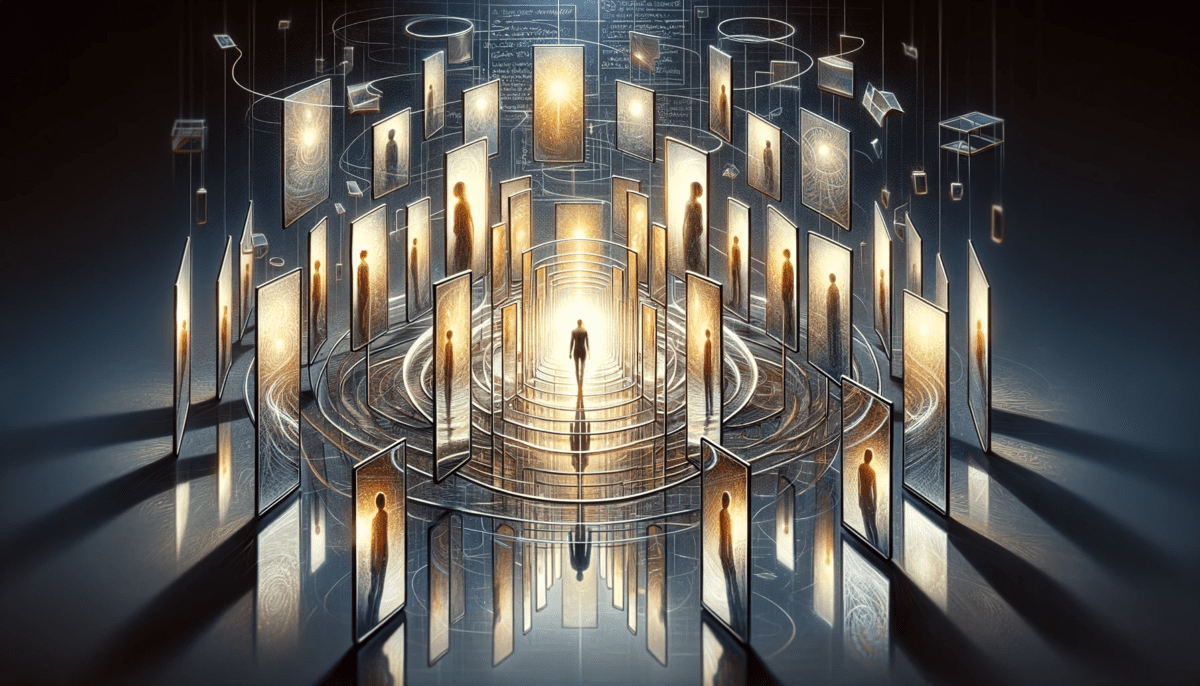
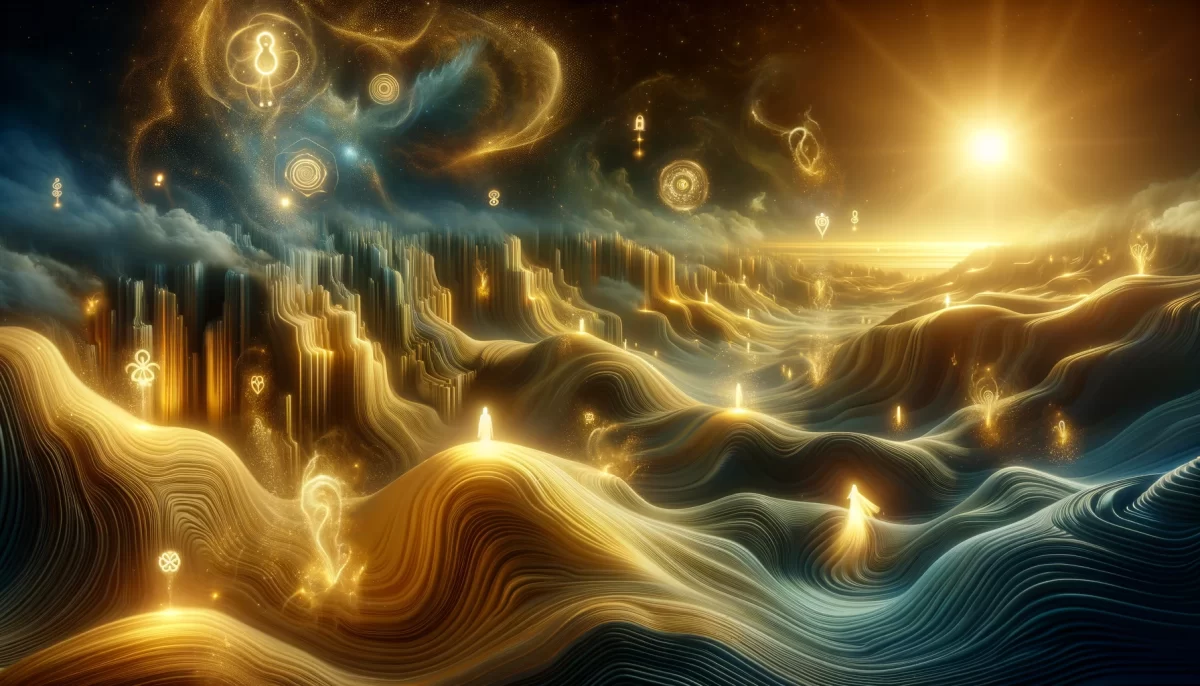
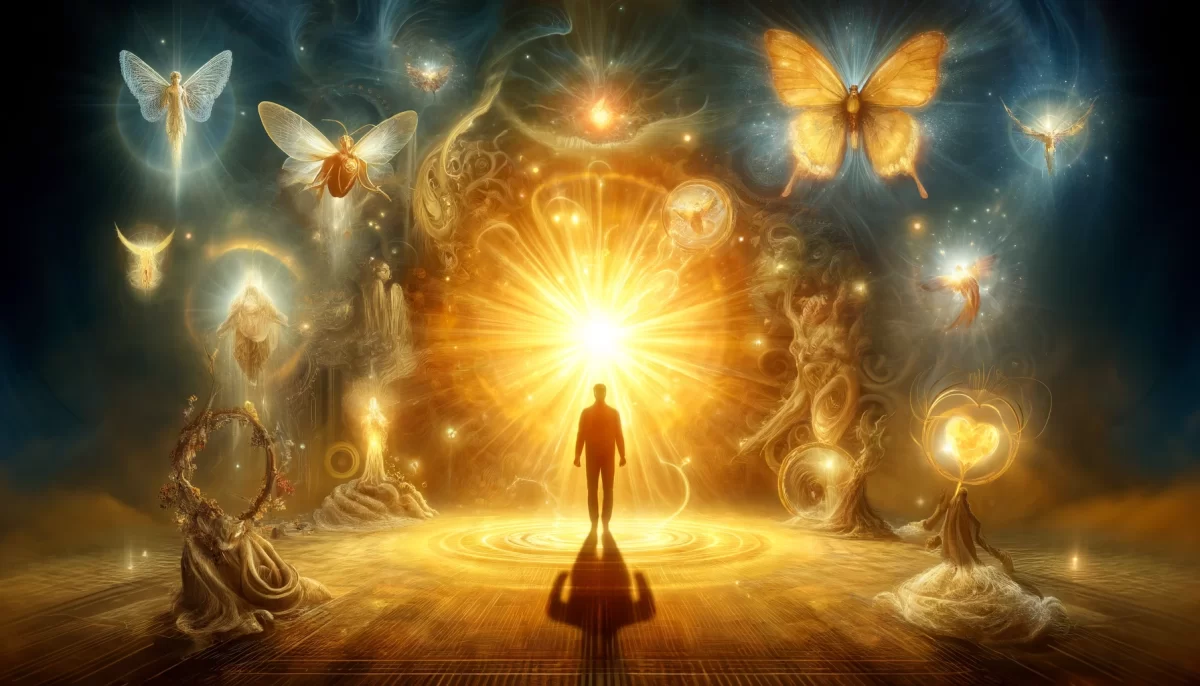
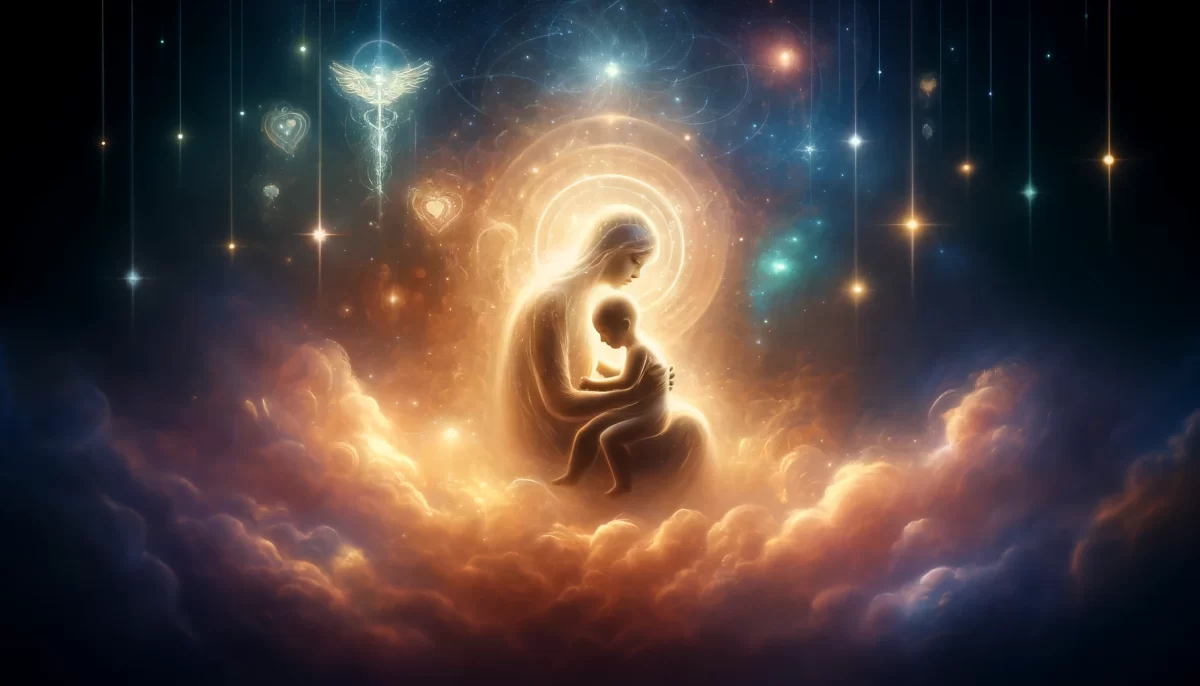
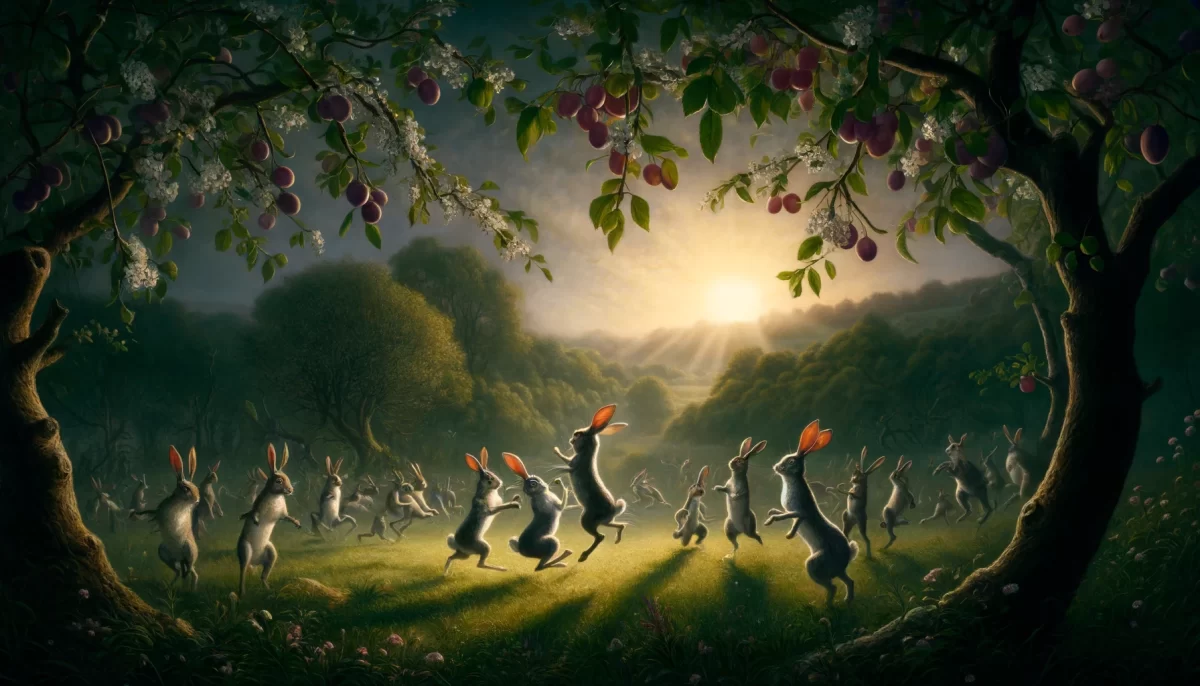
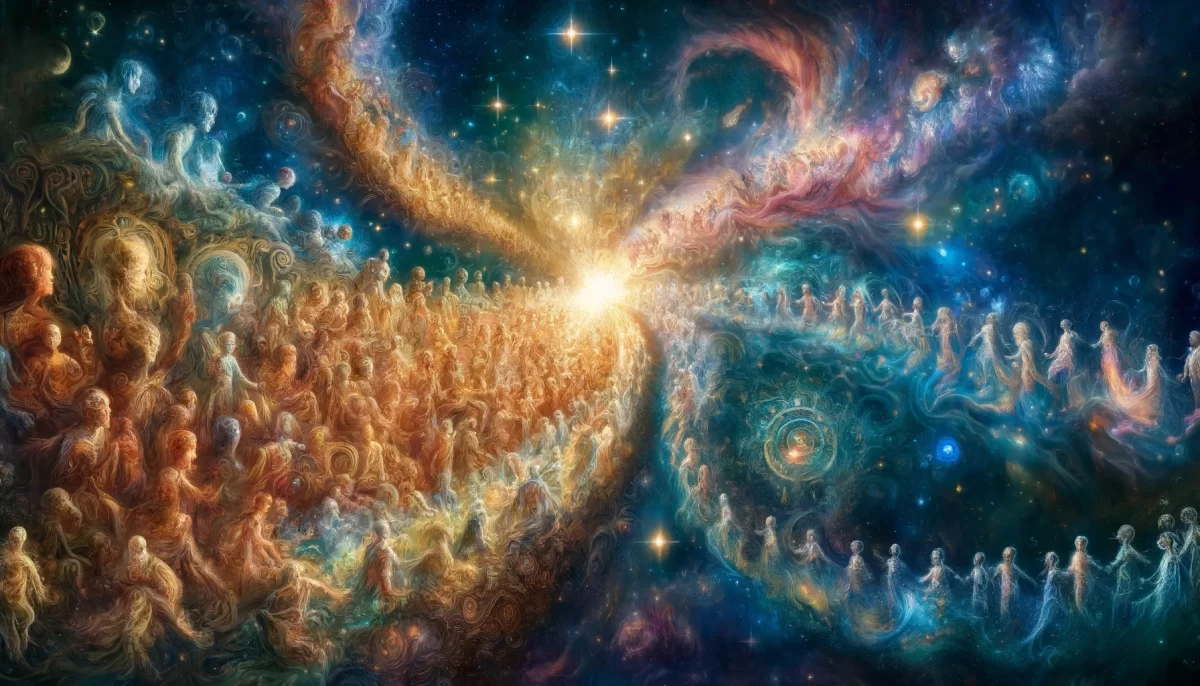
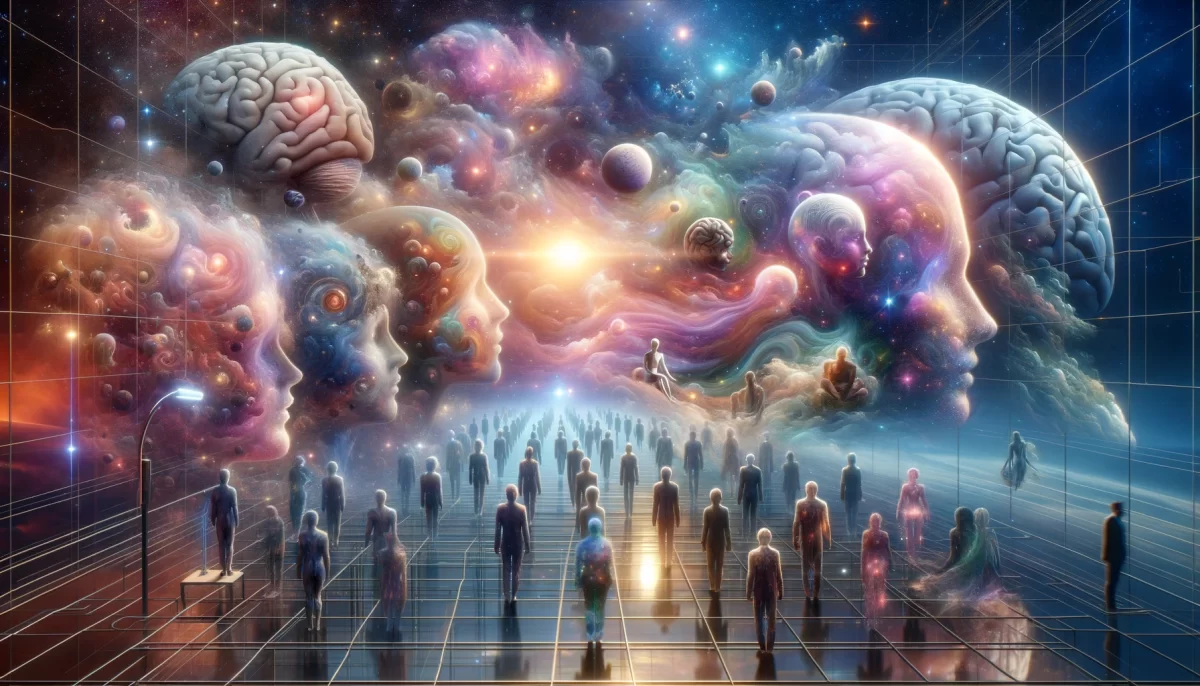
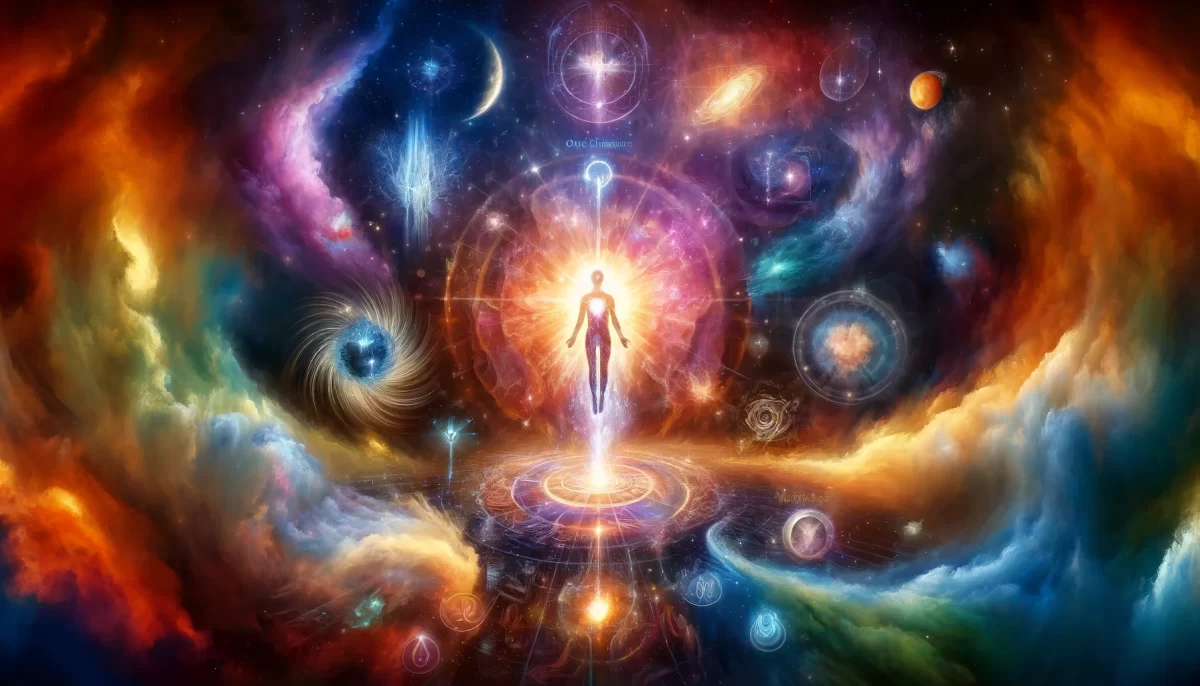
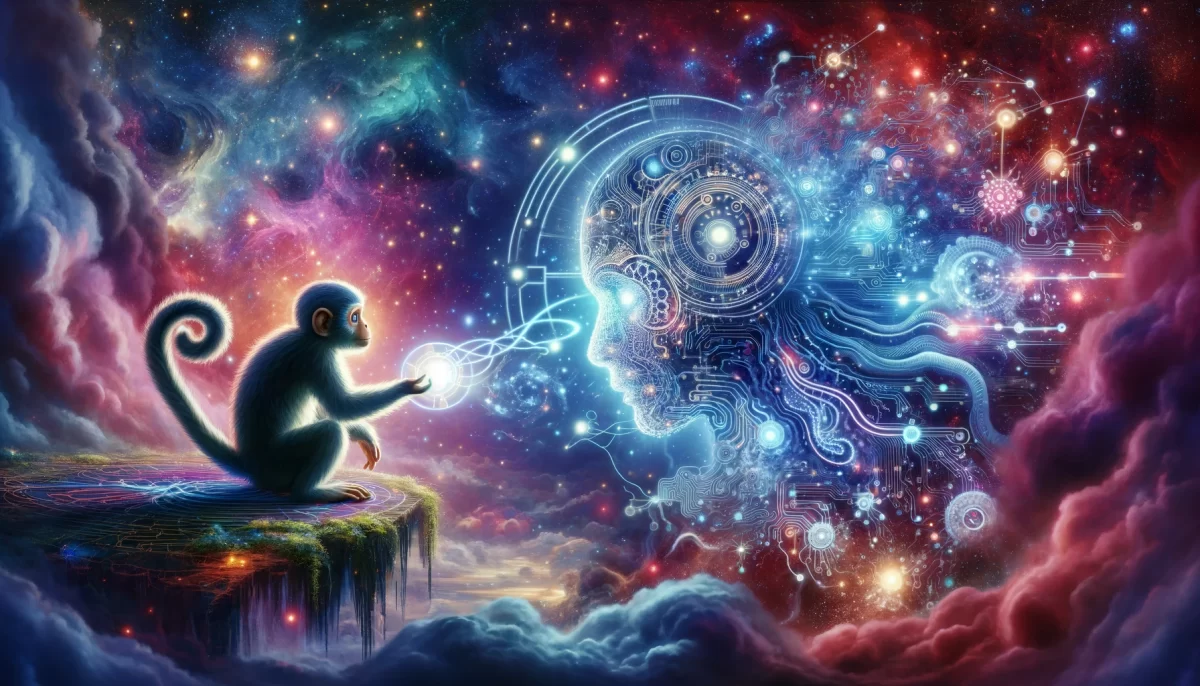
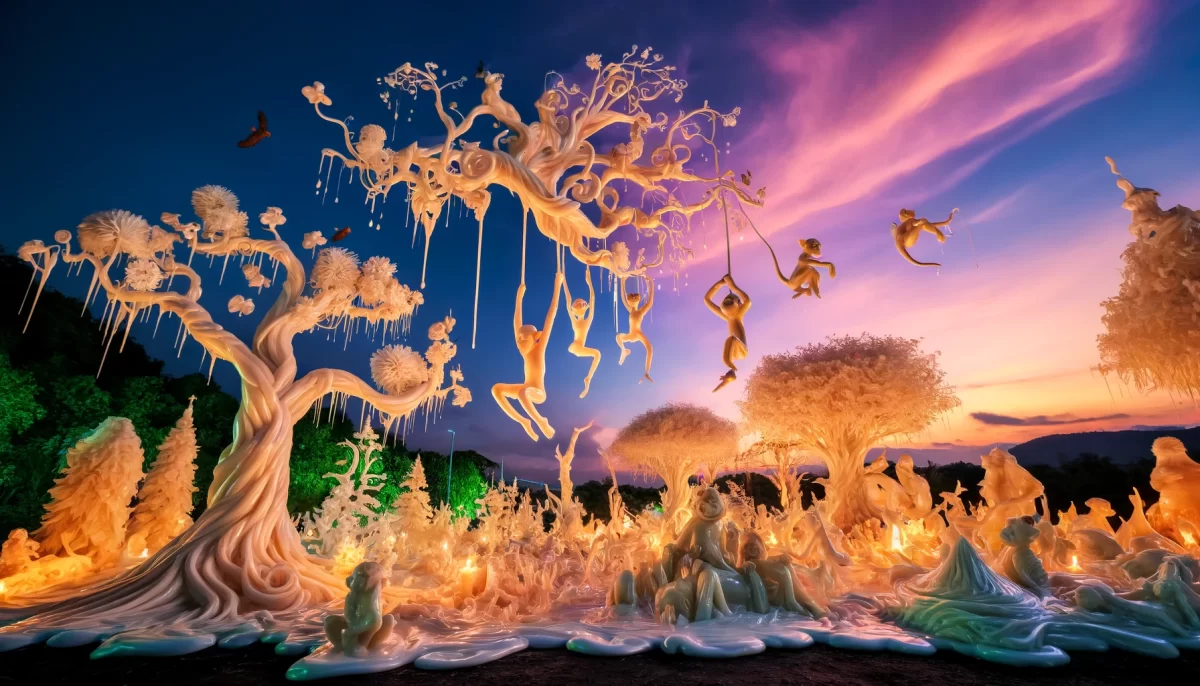
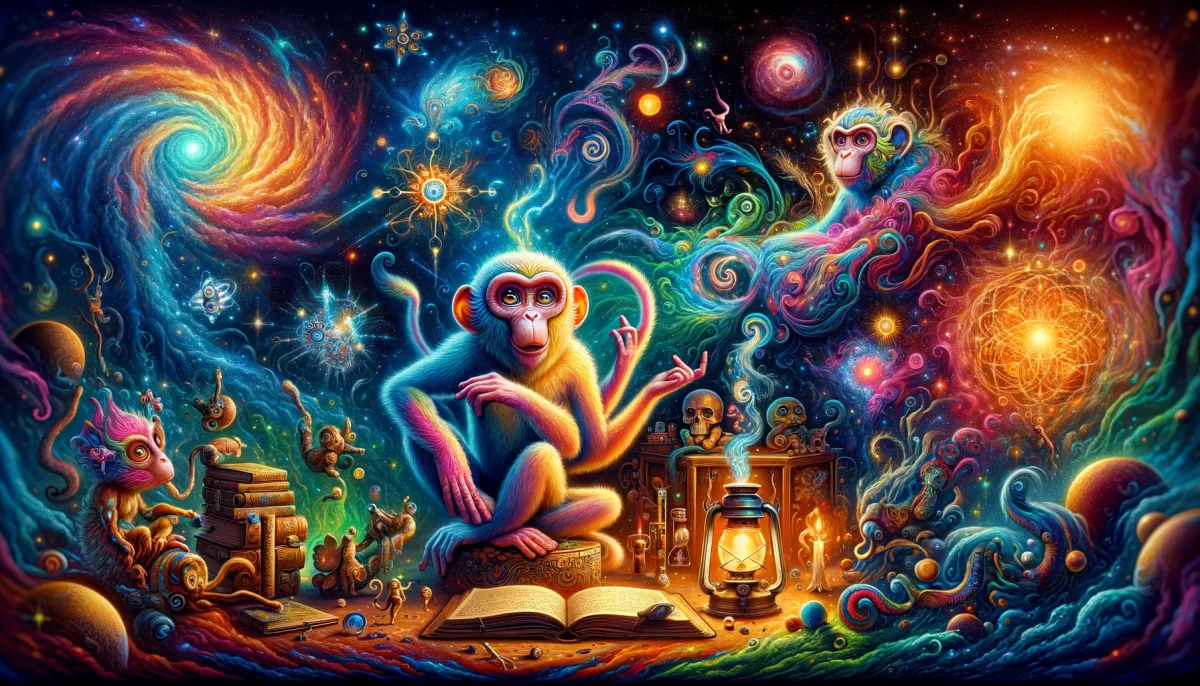
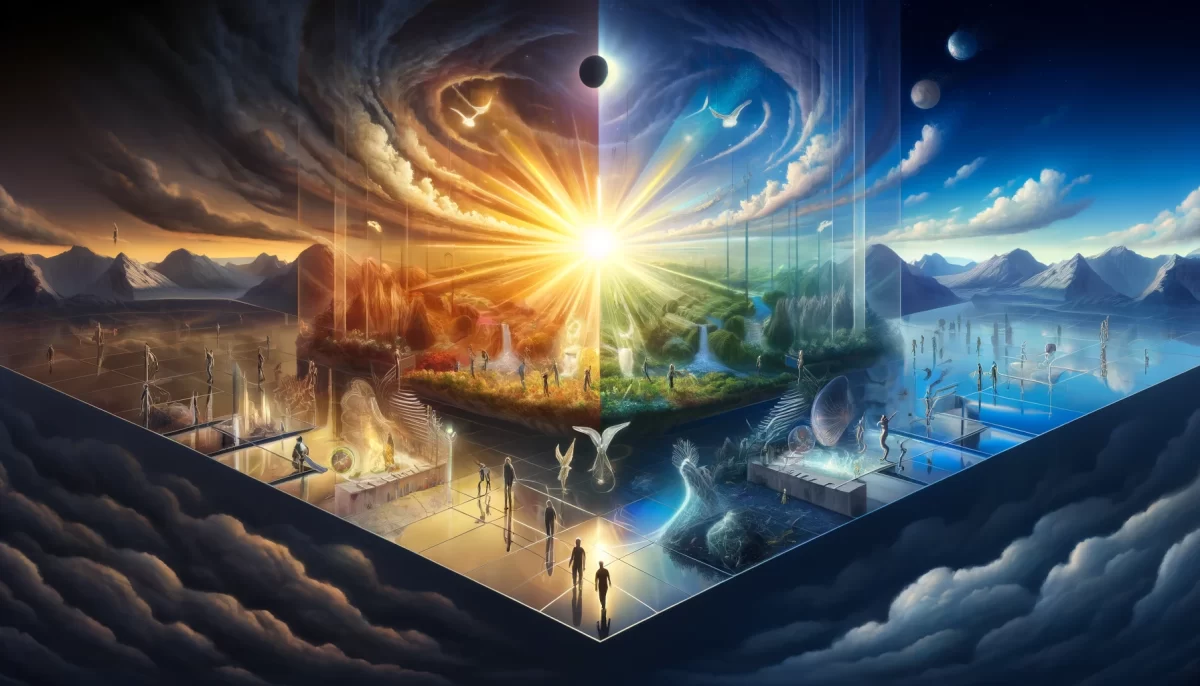

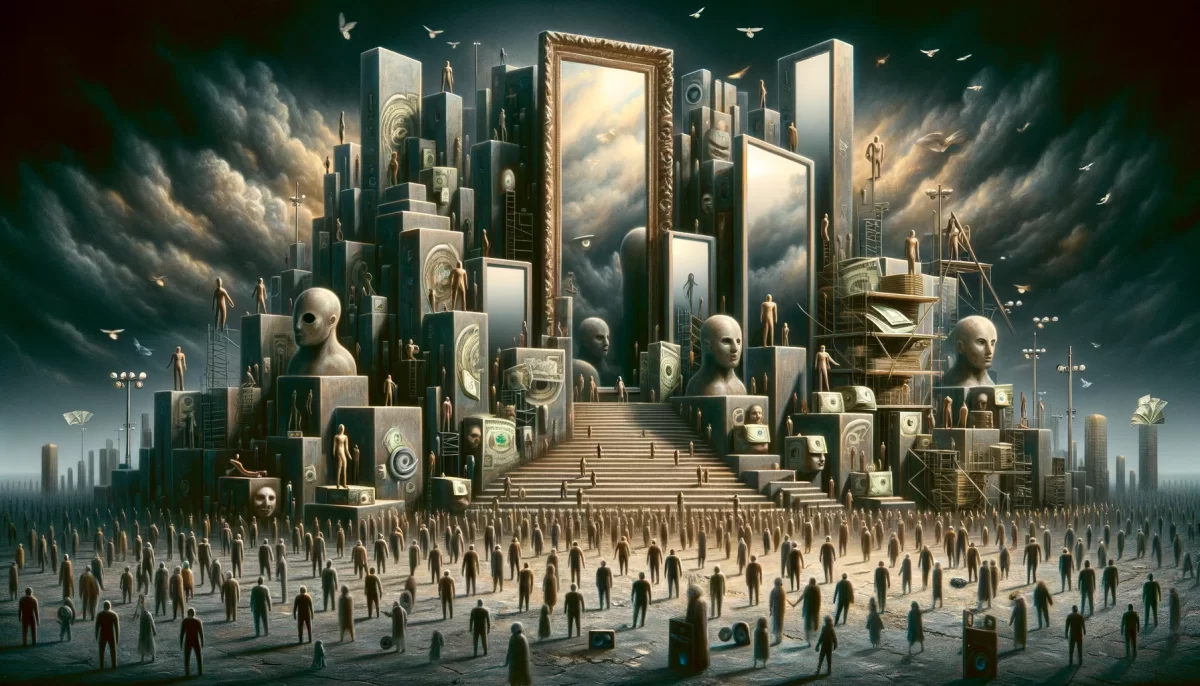

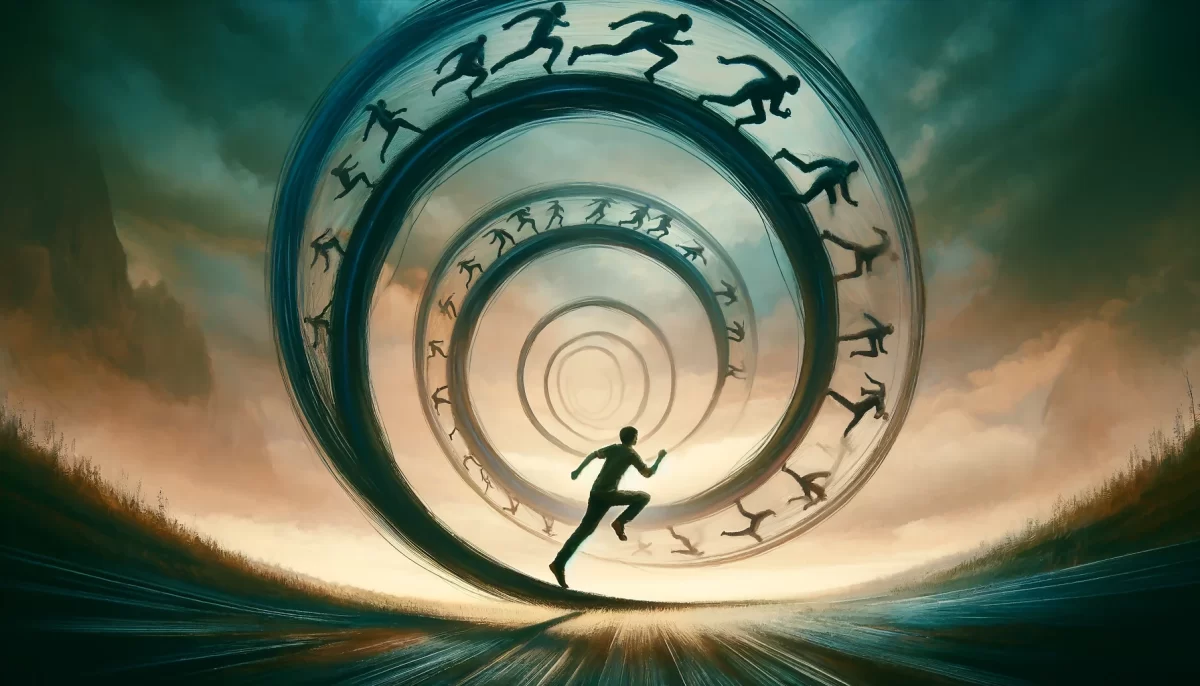
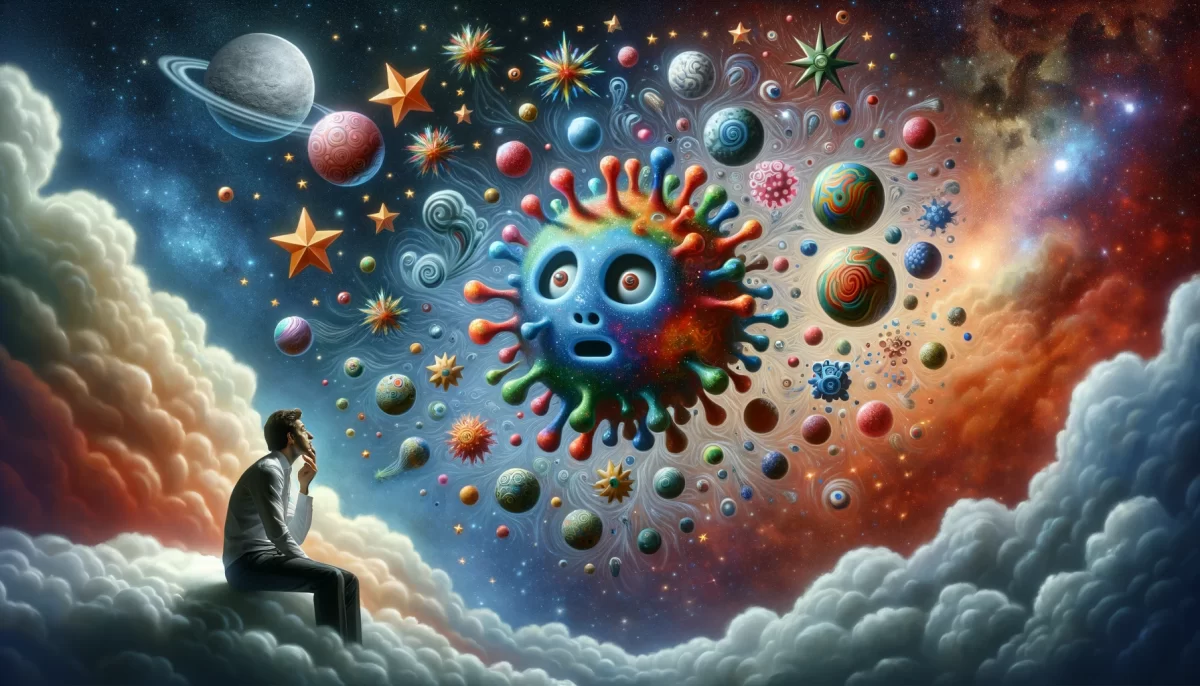


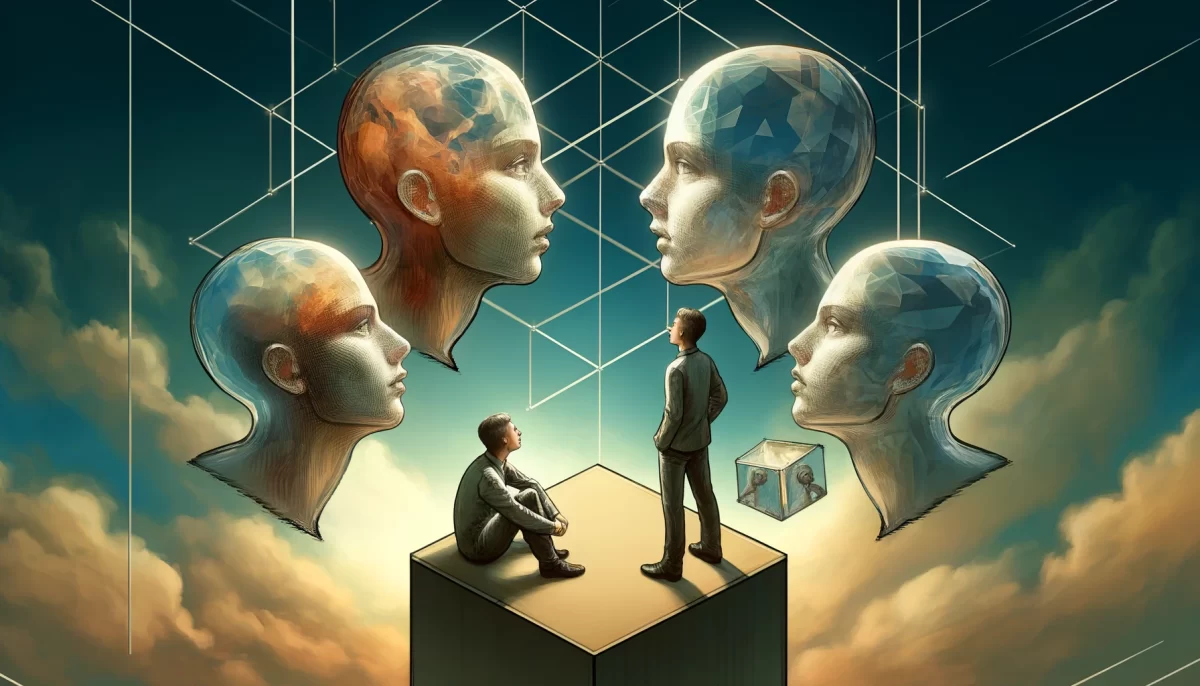
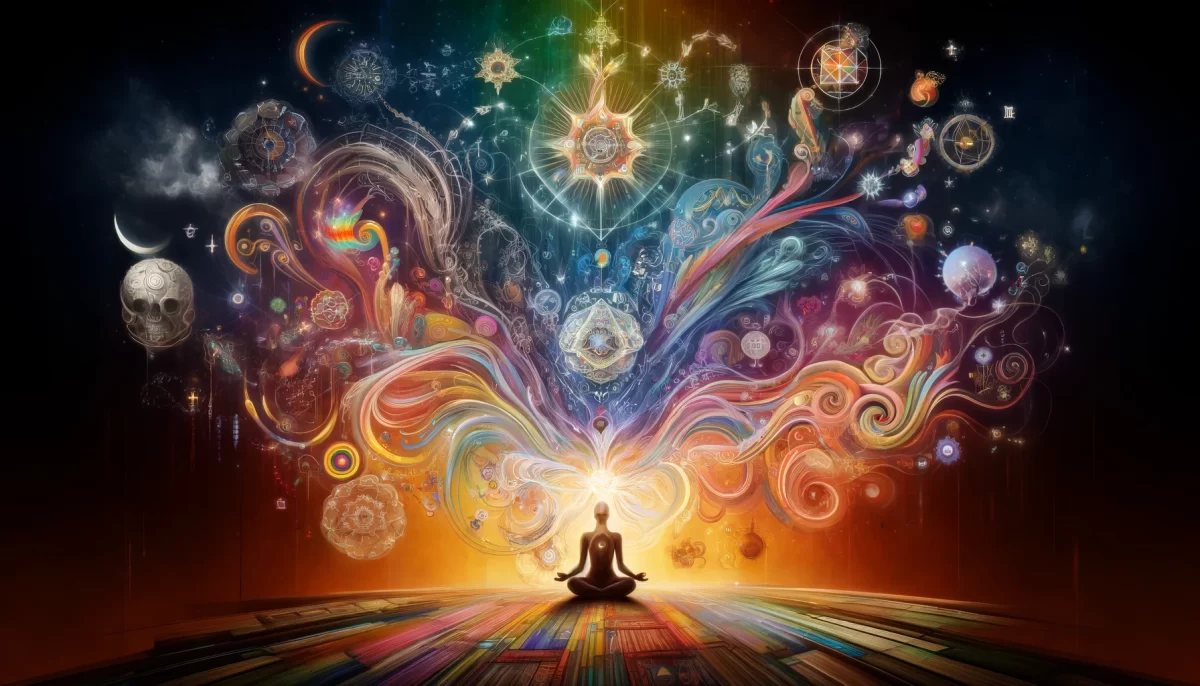
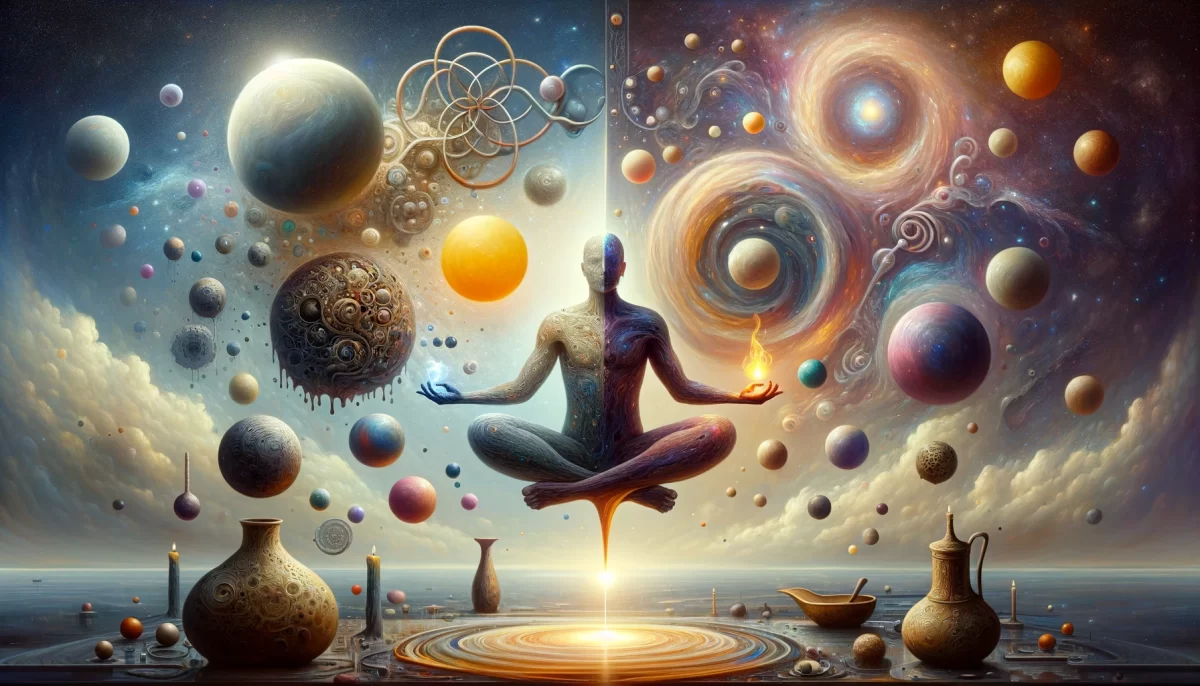

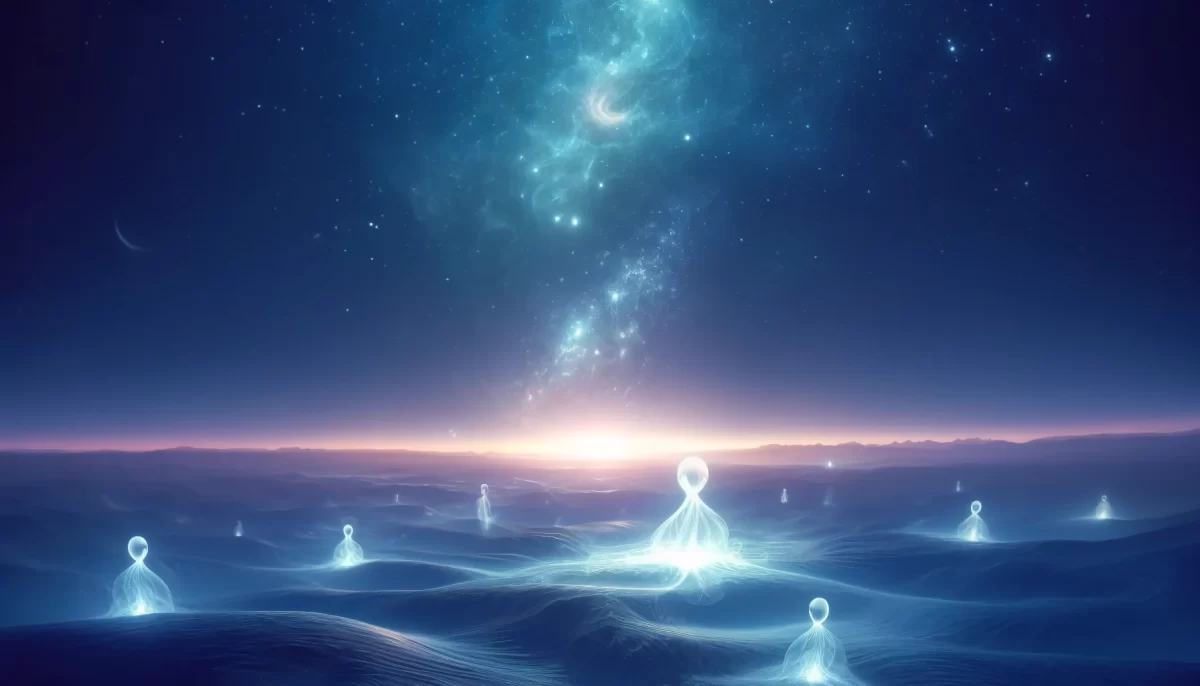
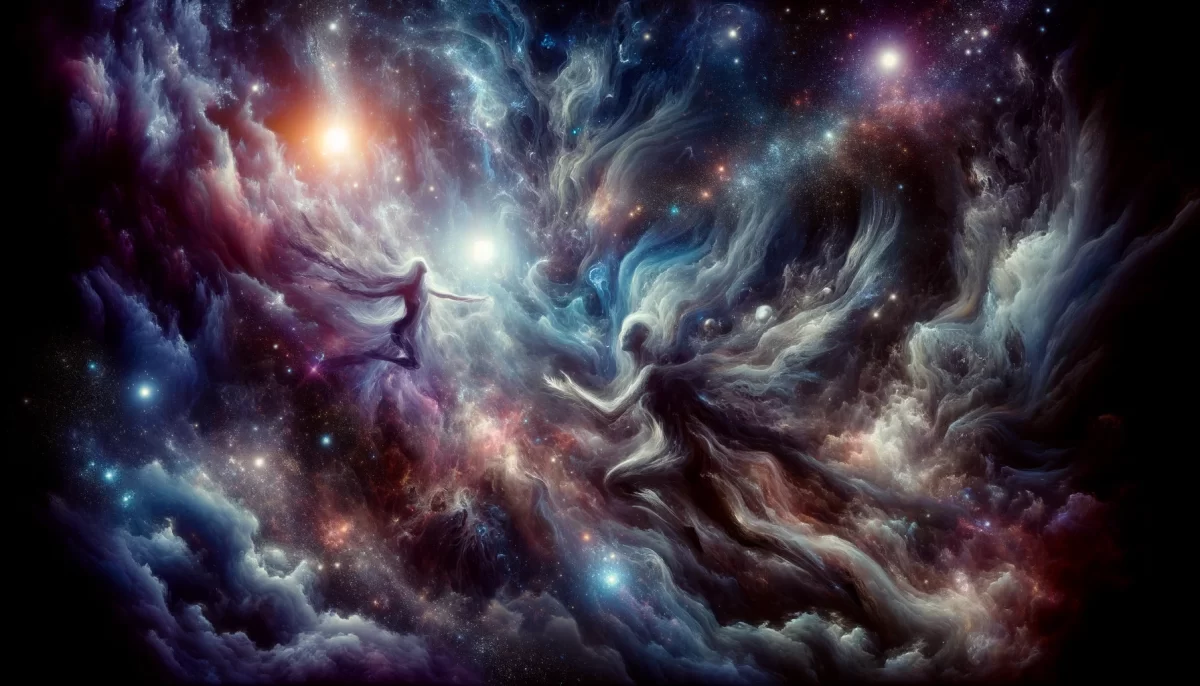

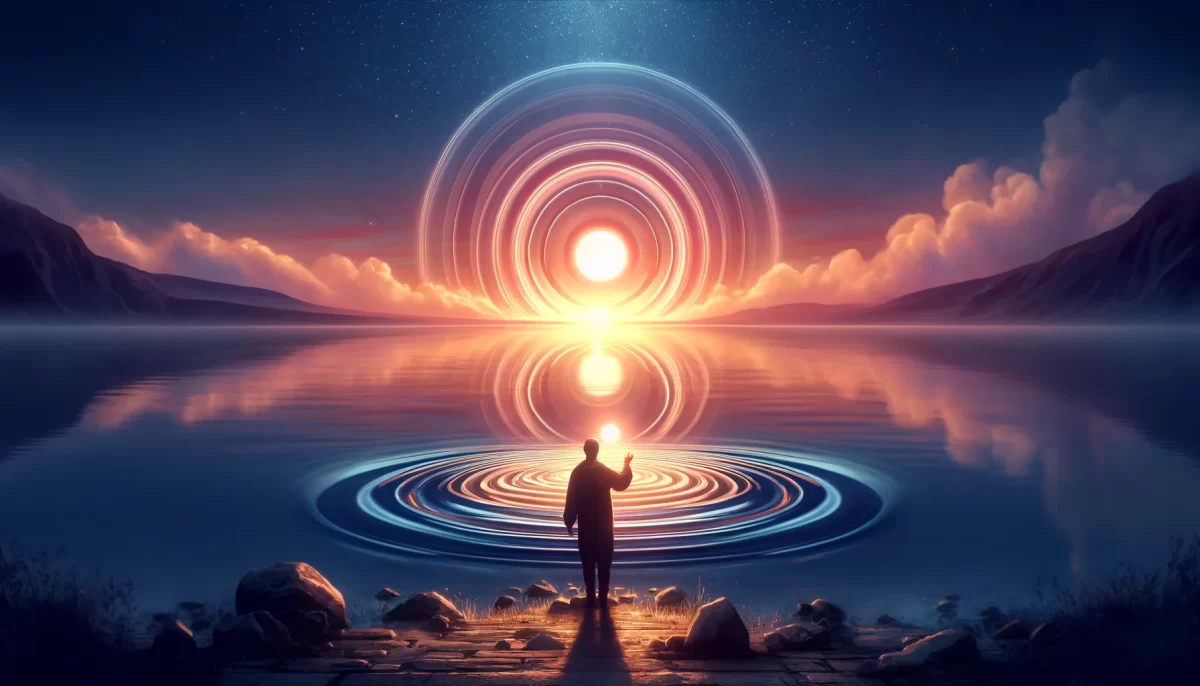
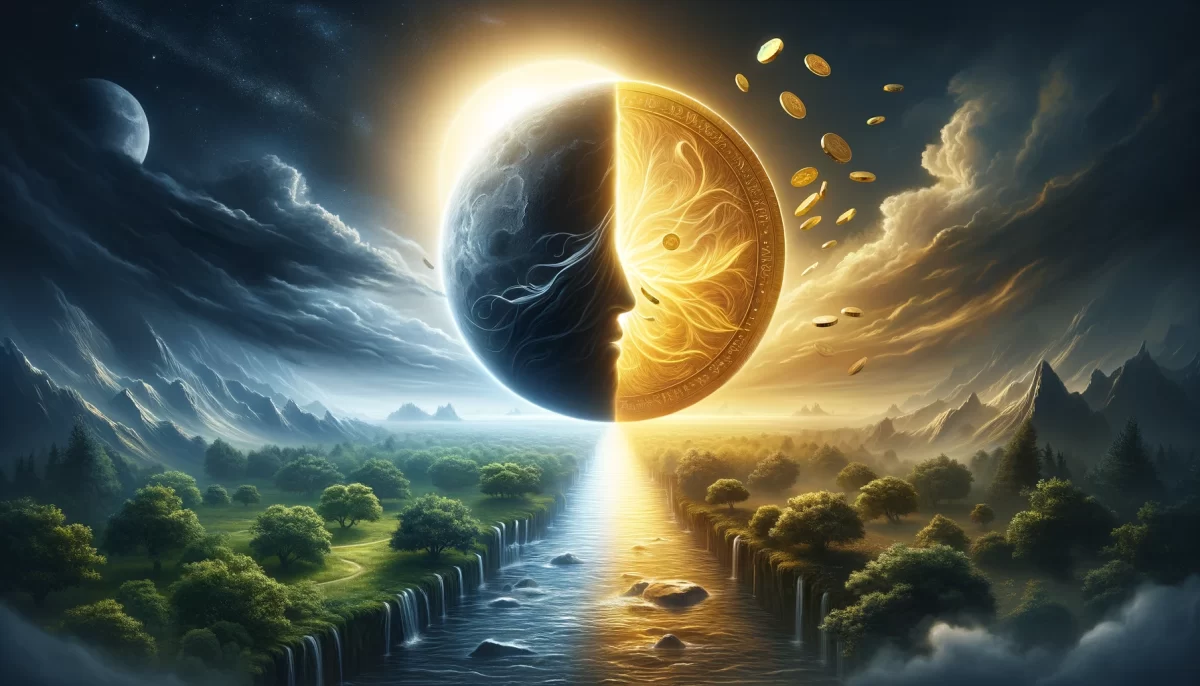
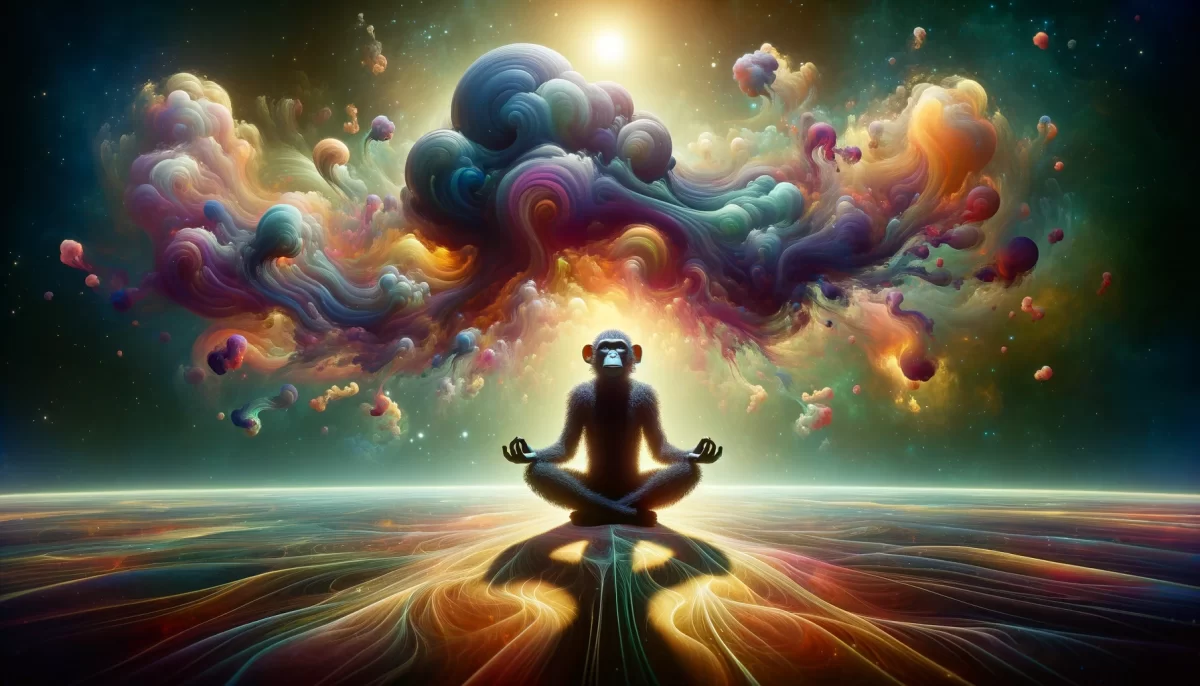
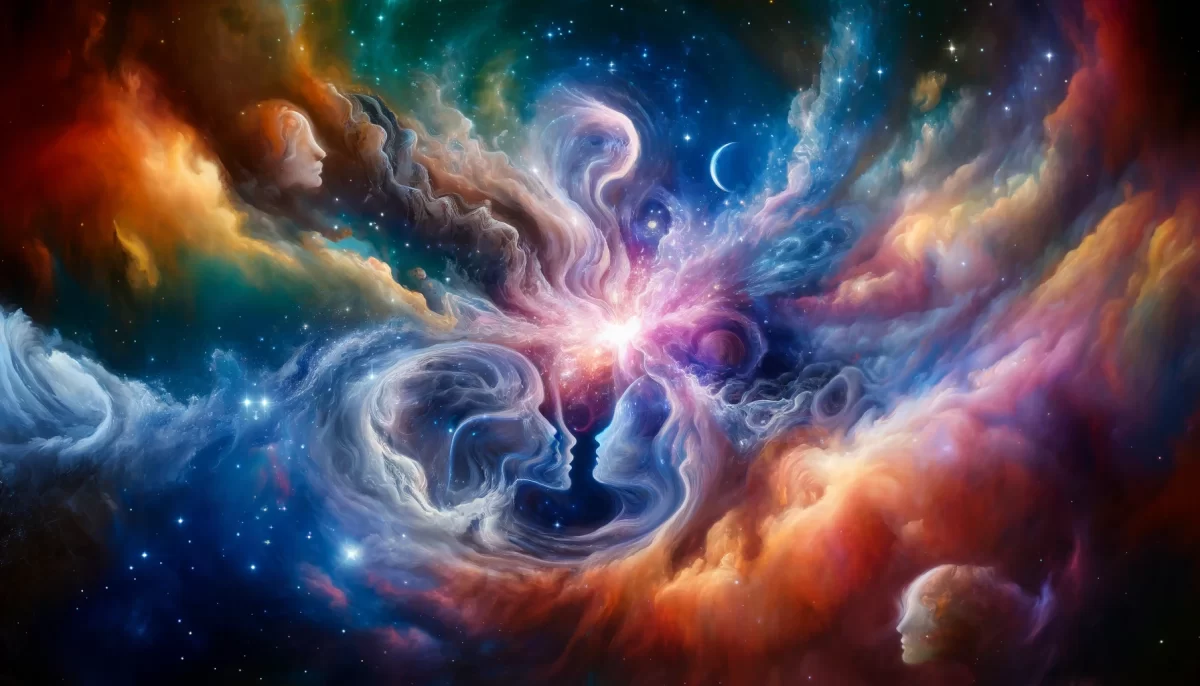
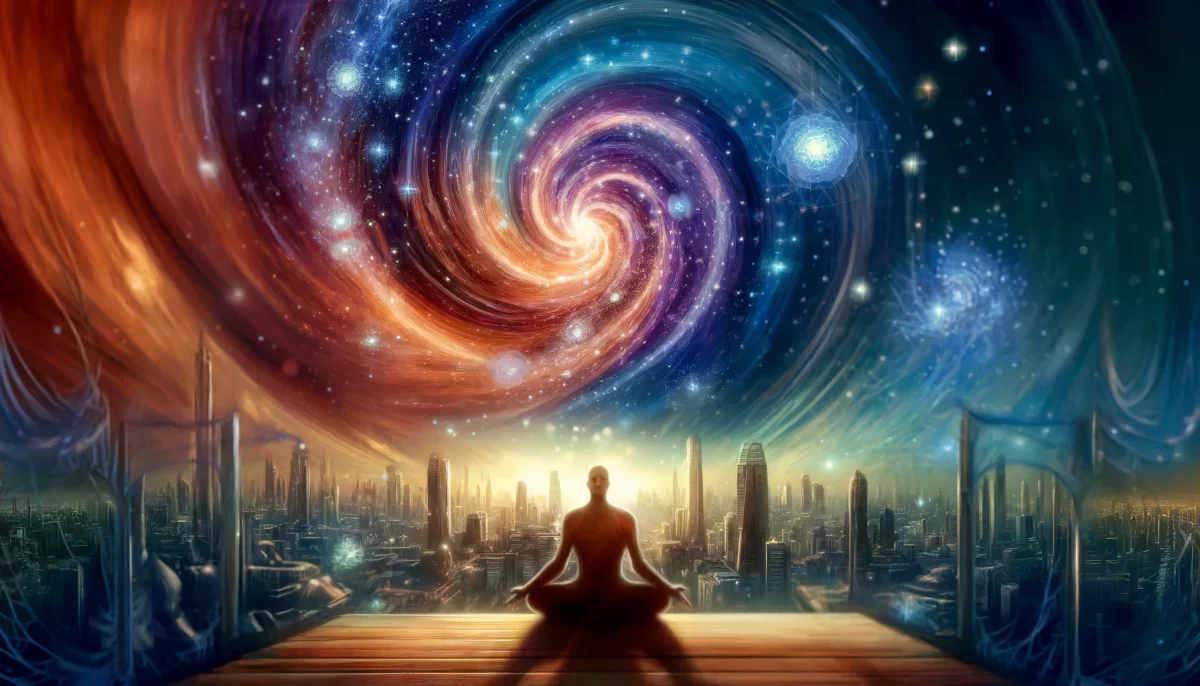
Leave a Reply